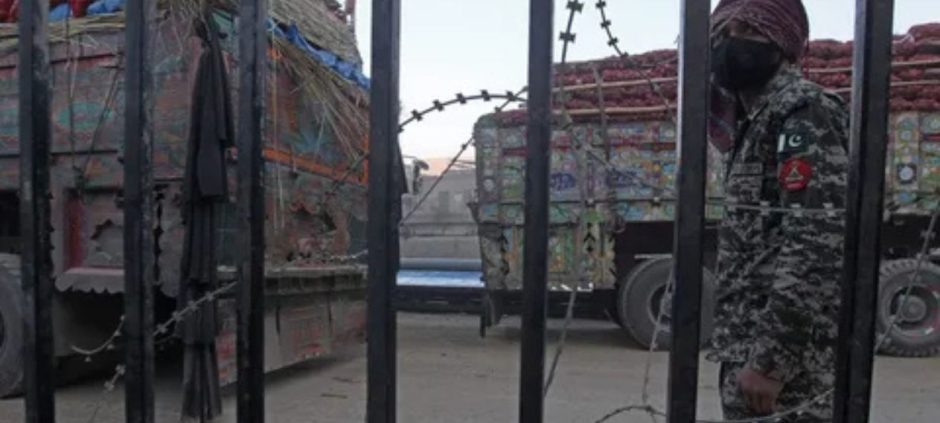Pak-Afghan trade, which had briefly reopened following the recent Pak-Afghan border clash, has once again come to a halt, raising alarm over perishable goods and the livelihoods of traders. The renewed closure marks the 11th consecutive day of disruptions, affecting the flow of essential items such as fruits, vegetables, and dairy products.
After tensions at the border led to a temporary shutdown, authorities reopened the trade route a few days ago, allowing exporters and transporters to resume operations. However, the resumption was short-lived, leaving traders struggling with delays and mounting losses.
Transporters report that perishable shipments are at risk of spoilage, while farmers and small businesses are worried about the financial impact of repeated closures. The uncertainty has disrupted supply chains, leading to concerns about price fluctuations for local consumers.
Market experts warn that if the border remains unstable, repeated interruptions in Pak-Afghan trade could discourage investment and weaken trust between trading communities. Businesses emphasize that consistent government intervention is critical to safeguard cross-border commerce.
Officials from both sides are reportedly engaged in talks to resolve the situation and ensure trade resumes smoothly. Traders stress that timely measures are essential to protect both perishable goods and their financial stability.
The repeated disruptions highlight the fragility of Pak-Afghan trade, especially after border clashes that exacerbate tensions. The brief reopening offered hope, but the latest halt underscores the ongoing challenges traders face in maintaining reliable cross-border operations.
As the border closure continues, the coming days will be crucial in determining the economic impact on both traders and exporters. Safeguarding perishable goods and stabilizing Pak-Afghan trade remain urgent priorities, with authorities under pressure to provide a lasting solution.











